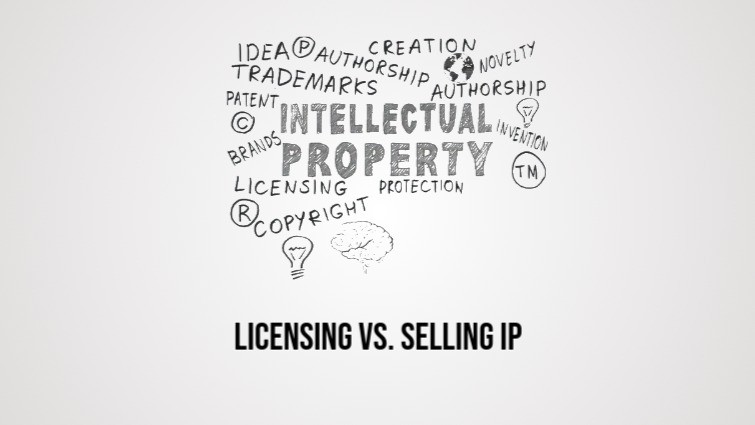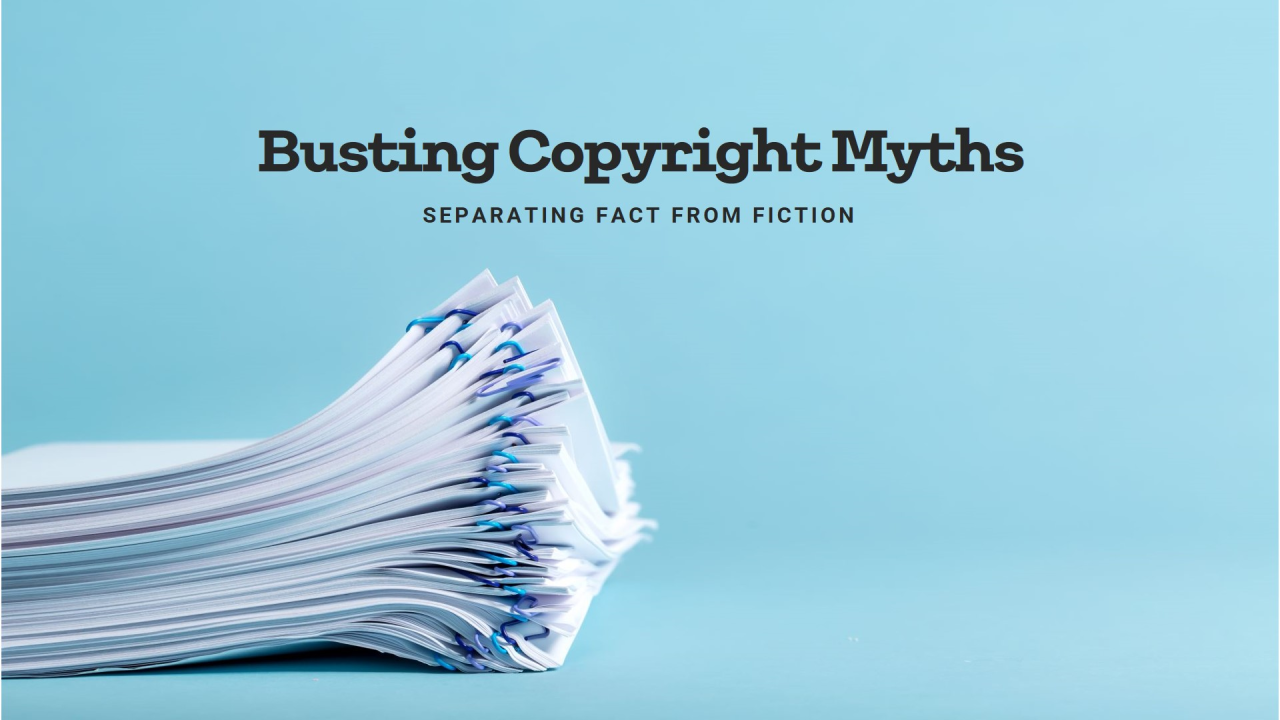
In today's knowledge-driven economy, intellectual property (IP) assets like patents, trademarks, copyrights, and trade secrets can be a company’s most valuable resources. Deciding how to commercialize IP is a crucial choice that can shape the future of a business. Two popular approaches to monetizing IP are licensing and selling. Both have distinct advantages and challenges, and the choice between the two depends on your business goals, risk appetite, and long-term vision.
Licensing IP: A Steady Stream of Income
Licensing IP means granting permission to another party to use your intellectual property in exchange for royalties or fees while you retain ownership. This option is ideal for businesses that want to maintain control over their IP but leverage it for ongoing revenue.
Benefits of Licensing IP:
- Ongoing Revenue Stream: Through royalties, licensing offers a continuous income, creating a long-term profit source that can sustain growth and innovation without sacrificing the core IP asset.
- Lower Risk: Since you retain ownership, licensing involves less risk than selling. If a license agreement ends or a licensee underperforms, you can license your IP to someone else or reclaim full control.
- Market Expansion: Licensing enables you to tap into new markets and regions without needing the resources for expansion yourself. By licensing your IP to a company with a local presence, you can increase your market reach.
- Partnership Opportunities: Licensing agreements often foster strategic partnerships, helping your business build alliances and expand its influence in different sectors or industries.
Drawbacks of Licensing IP:
- Limited Control: While you still own the IP, the licensee gains significant control over how it is used. Poor quality control by the licensee could tarnish your brand or IP value.
- Complex Agreements: Negotiating licensing deals can be complicated. You must draft thorough agreements that protect your interests, include detailed performance standards, and enforce quality control.
- Enforcement and Monitoring: You must actively monitor how licensees use your IP, ensuring compliance with the terms of the agreement. Enforcing agreements can be costly, especially if disputes arise.
Selling IP: A Clean Break for Quick Cash
Selling IP means transferring ownership outright to another party. This is a one-time transaction where you relinquish all future rights to the asset. This option may be suited for businesses that need immediate capital or have no interest in managing the asset long-term.
Benefits of Selling IP:
- Immediate Revenue: Selling your IP provides a significant, upfront lump sum payment. This capital infusion can be reinvested in other parts of your business, fund new projects, or reduce debt.
- No Future Obligations: Once the sale is complete, you no longer have to worry about managing or enforcing rights related to the IP. The buyer takes on all responsibilities, freeing up your time and resources.
- Risk Elimination: Selling eliminates the risk of market changes devaluing the IP or needing to invest further in protecting or maintaining it. The buyer assumes all future risks and rewards associated with the IP.
Drawbacks of Selling IP:
- Loss of Future Income: Selling your IP may mean giving up future revenue streams. While the one-time payment might be significant, it could be much lower than the total potential value the IP could generate over time.
- Permanent Loss of Control: Once sold, you no longer have any control over how the IP is used. The buyer can alter, sublicense, or even shelve the IP, potentially harming its legacy or your brand’s reputation.
- Valuation Challenges: Accurately valuing IP can be difficult. There’s a risk of undervaluing your asset in a sale, leaving significant money on the table that could have been earned through licensing or waiting for better market conditions.
Key Considerations for Choosing the Right Path
- Your Long-Term Strategy: Do you want to stay in the industry and continue to innovate, or are you looking to exit and focus on new ventures? If you’re building a business around your IP, licensing may make more sense. If you're pivoting to a new direction, selling might be more advantageous.
- Market Demand and Competition: Consider the demand for your IP in the market. If there are numerous potential licensees, licensing can lead to greater total returns. However, if competition is fierce and immediate capital is needed, selling might be the better option.
- Resource Availability: Licensing requires ongoing involvement, including negotiation, enforcement, and quality control. If you lack the resources to manage these aspects, selling could free up your time and energy.
- Risk Tolerance: If you’re risk-averse and prefer certainty, selling may provide the peace of mind that comes from securing immediate compensation. Licensing, on the other hand, offers potential for higher returns but involves more ongoing risk and responsibility.
Conclusion
Both licensing and selling IP have their own merits and challenges. The right approach depends on your business’s immediate needs and long-term goals. Licensing offers the benefit of ongoing revenue and market expansion, while selling provides an immediate payout and a clean break. By weighing these factors carefully, you can maximize the value of your intellectual property and secure a bright future for your business.


